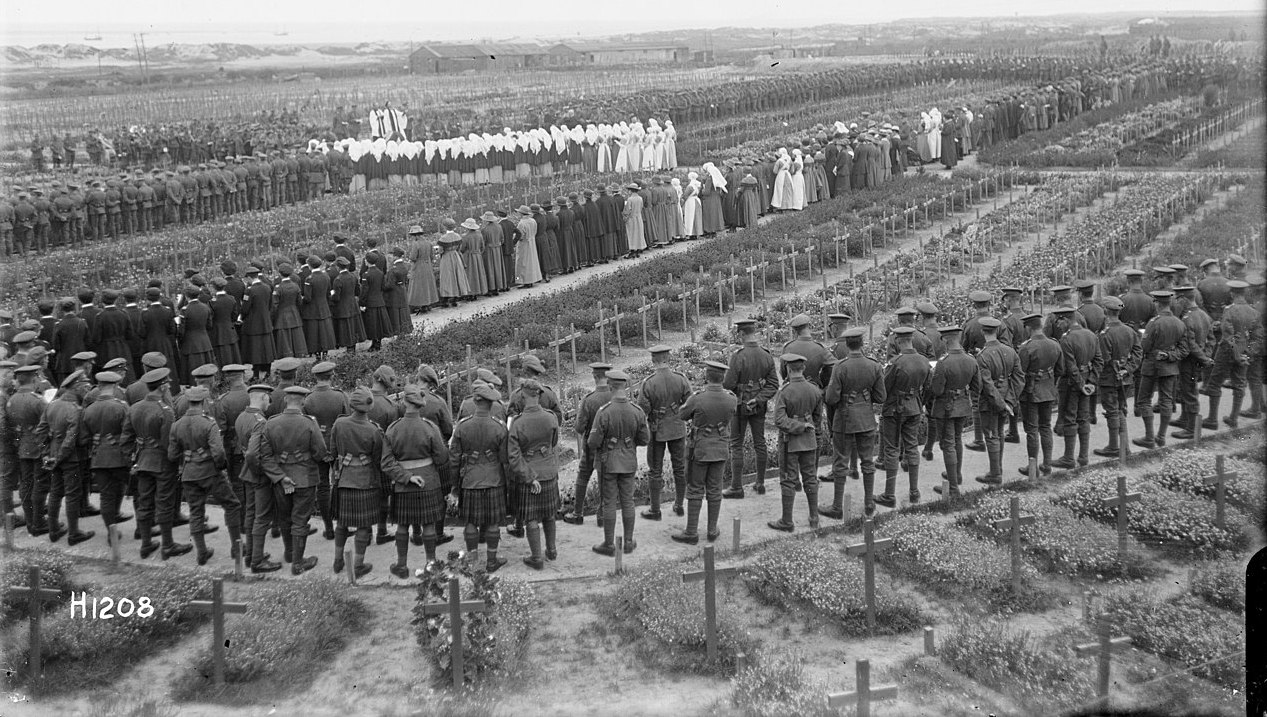The First World War armistice was signed by Germany, France and Britain in a railway car at Compiègne, north of Paris, at 11 a.m. on November 11, 1918. It ended the fighting in France and Belgium; however, 16 treaties were required to end the war.
The principal attempt at peace was the Treaty of Versailles. By deciding that the main loser, Germany, should pay the victors for the cost of the war, it was fatally flawed.
As John Maynard Keynes, the young financial adviser to the British delegation, explained in his remarkable book, The Economic Consequences of the Peace, Germany could not produce an economic surplus — over and above its own needs — large enough to pay reparations imposed by France and the other Allies.
The attempt by Germany to pay 132 billion gold marks (US$32 billion) in war costs brought Germany hyperinflation and helped Hitler rise to power.
Leaders at Versailles agreed to create the League of Nations for collective security. However, the U.S. Senate rejected the Treaty of Versailles, the U.S. never joined the League and the League proved ineffective in preventing the Second World War.
The precursor to the United Nations, the League promoted open diplomacy to replace secretly negotiated treaties and a concert of nations as a substitute for an unstable balance of power.
Diplomatic blunders, along with the clash of imperial ambitions, were blamed for igniting the Great War, which mobilized 73.3 million soldiers, saw 9.5 million die, including 66,000 Canadians and some 1,300 Newfoundlanders (then independent), and saw another 20 million wounded.
Today, French President Emmanuel Macron sees dangers 100 years after the “never again” promise of 1918 failed to produce peace. He points to accelerating crisis: of inequalities, of capitalism, of climate, and a loss of faith in democracy; and he identifies the instabilities in world politics around Iraq, Iran, Syria, North Korea, and the fallout from the Libyan bombings in Africa.
There will be no military parade in France this November 11, as its president does not want France to hold a victory celebration.
Instead, joined by civil society partners, the French government will host a 100th anniversary event: the Paris Peace Forum. It will run for three days and include world leaders in discussions to take place at La Grande Halle de la Villette, site of a 19th-century slaughterhouse — once known as the city of blood — that was converted to a cultural and convention centre in the 1980s.
This Paris Forum is planned as an annual event, operating in the spirit of COP 21, the UN 2015 climate change conference held in Paris, which resulted in the Paris Climate Change Accord. It is intended to promote governance solutions in the areas of peace and security, environment, development, digital and new technologies, and inclusive economy.
The gathering November 11-13 will bring out about 60 world leaders (105 were invited), UN agencies, local and regional governments, civil society organizations, university think-tanks, journalists and individuals. The five-million-euro event is privately funded by major donors, none providing more than 10 per cent of the budget.
The impressive program includes 120 presentations culled from more than 900 proposals received from around the world this year. It wants to provide space for debate, solutions and innovations, and has adopted a promising hybrid format.
Participants can attend a “brainstorm” with “tax inspectors without borders” and hear about how tax avoidance has throttled the democratic capacities of elected governments. A workshop will promote a universal environmental treaty. Topics of discussion will include how to get the Treaty to Prohibit Nuclear Weapons adopted around the world. How to build “the internet of trust” will be the topic of a side event at UNESCO headquarters.
German Chancellor Angela Merkel will open the Forum, along with the Secretary-General of the UN.
Russian President Vladimir Putin and U.S. President Donald Trump will be in Paris and plan to meet.
The U.K. prime minister will participate in her own country’s armistice centenary ceremonies, but Theresa May will be in France on November 9 for ceremonies on the Battlefield of the Somme in northern France.
Macron grew up in the Somme. The initiative for the Forum is his own. A convinced European, he has difficulties at home because of that and because of his 1990s Blair- and Clinton-style economic policies.
There are those who will scoff at the French president for giving himself a world platform; others will dismiss the Paris Peace Forum as a political sideshow.
The reality is that the wars started, sponsored or waged directly by the United States since the end of the Second World War have resulted in more deaths than the Great War.
The myriad of organizations around the world that work not for profit, not as part of government — but for freedom from want, for meeting basic human needs, for equalities, for the environment, and for peace — are going to be validated by what transpires in Paris, 100 years after the war to end all wars failed to do so.
Duncan Cameron is president emeritus of rabble.ca and writes a weekly column on politics and current affairs.
Photo: Henry Armytage Sanders/National Library NZ on The Commons/Wikimedia Commons
Help make rabble sustainable. Please consider supporting our work with a monthly donation. Support rabble.ca today for as little as $1 per month!





